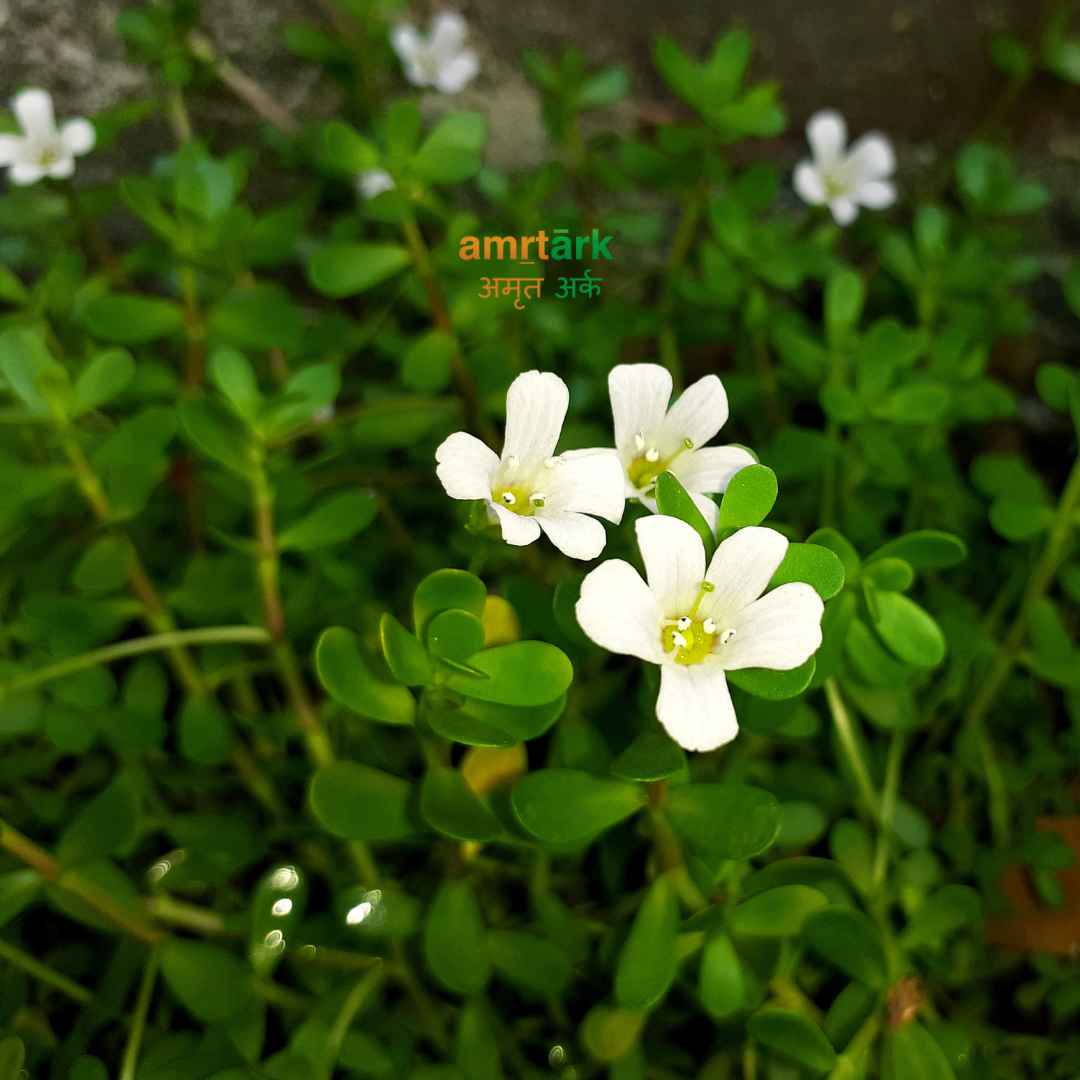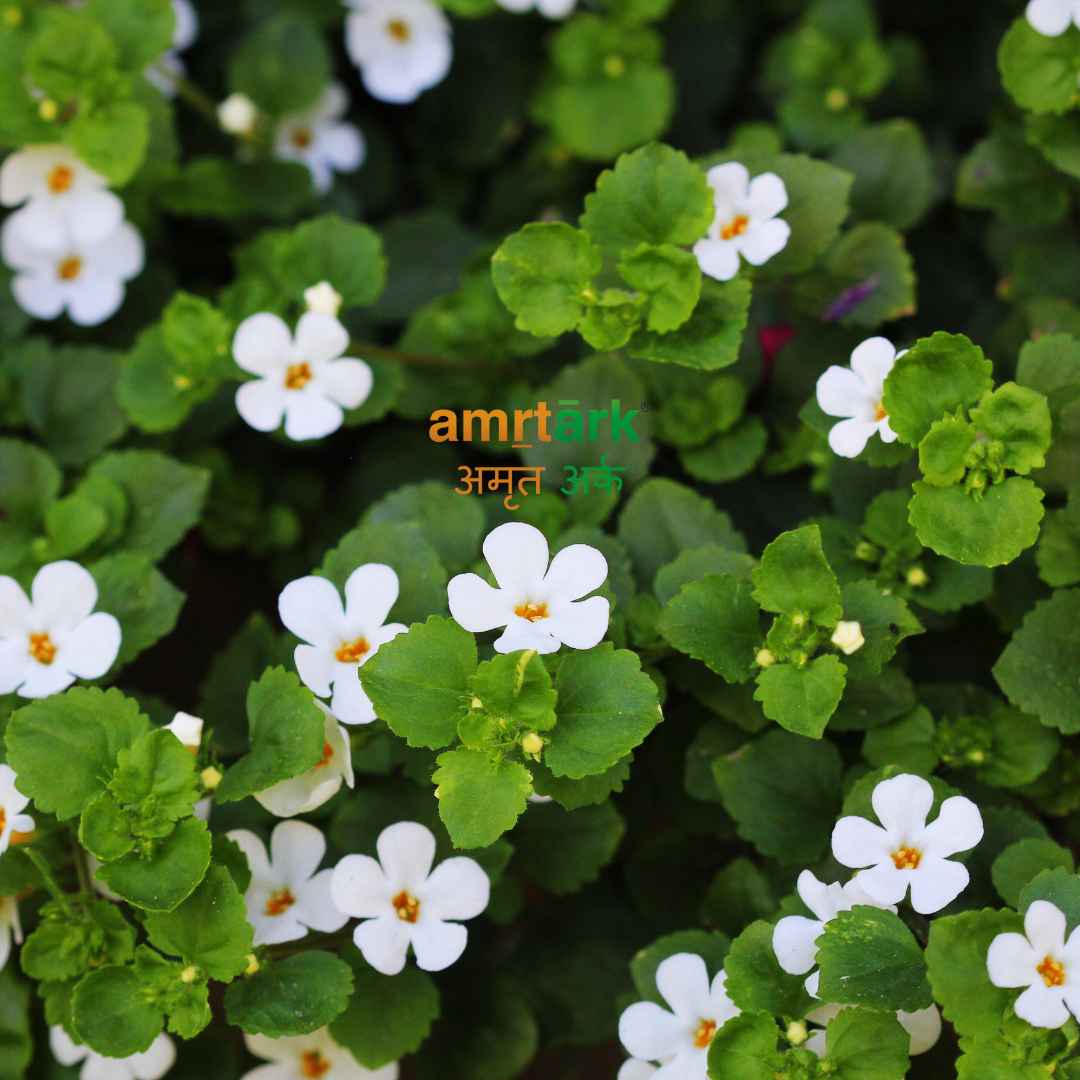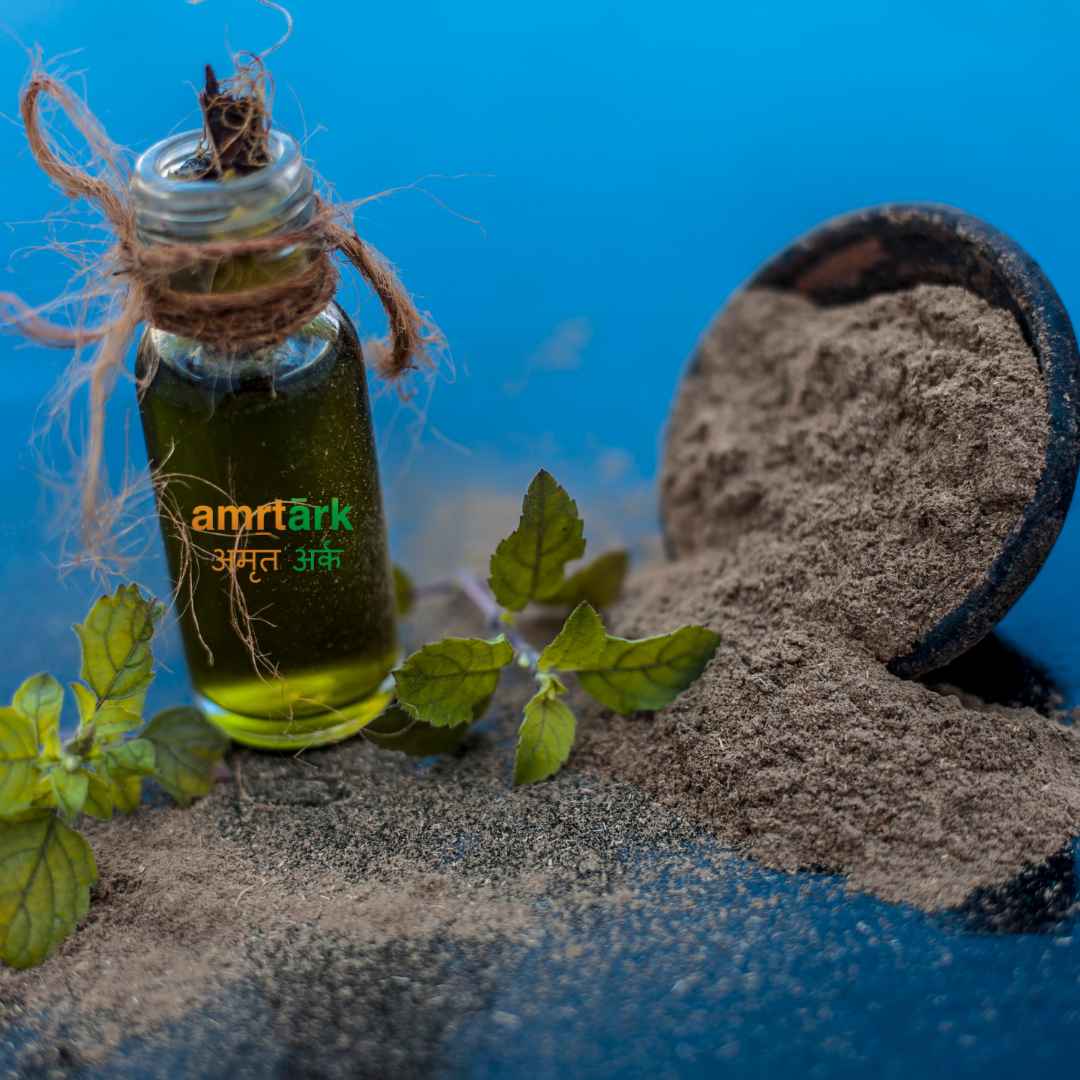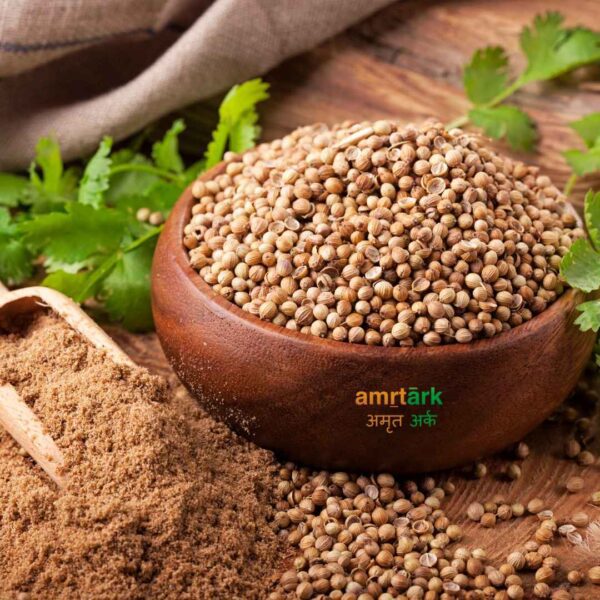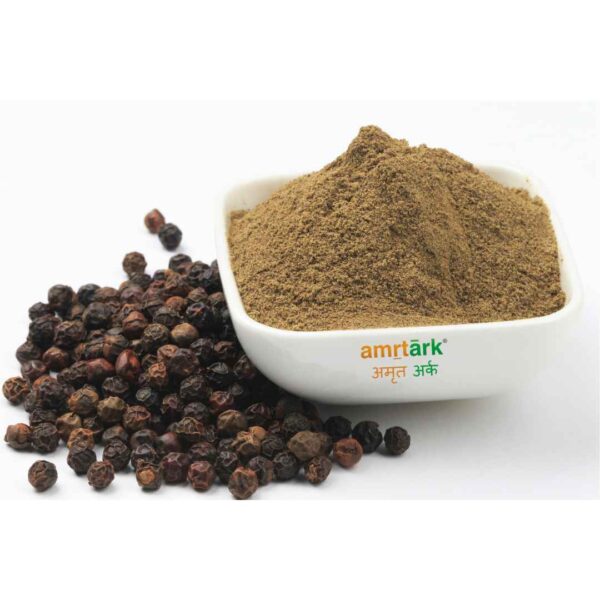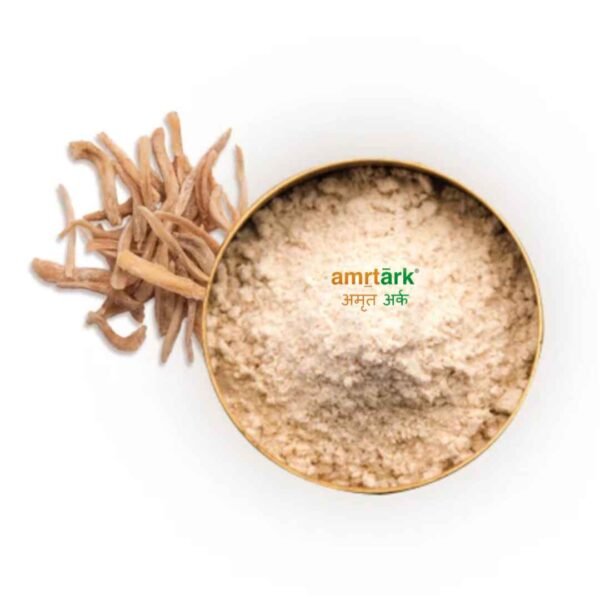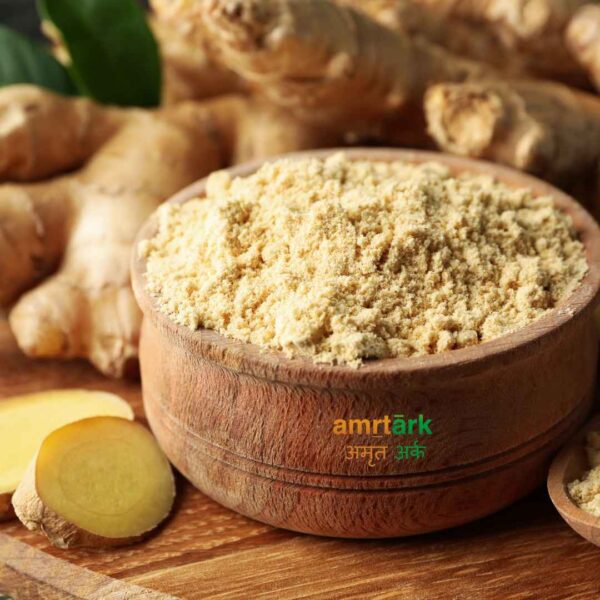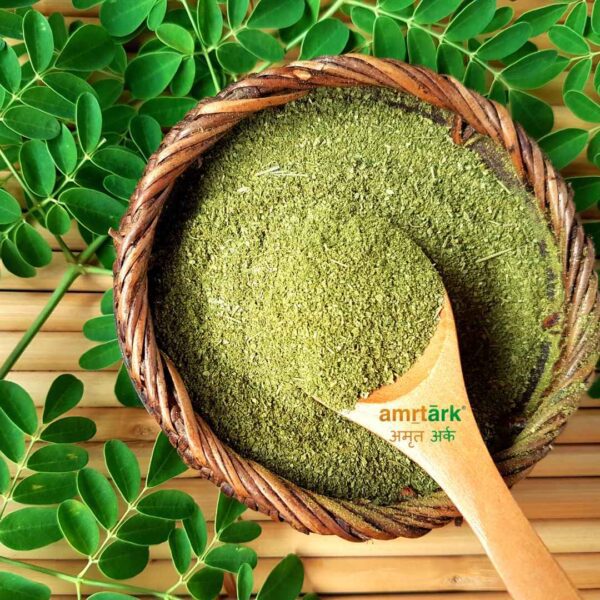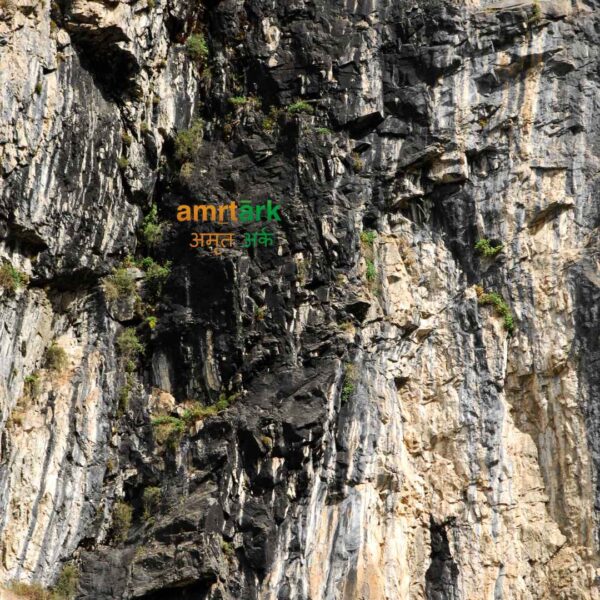Description
Brahmi (Centella Asiatica / Pennywort / Water Hyssop)
Brahmi, scientifically known as Centella asiatica, is a small, perennial herb that has been used in traditional medicine systems such as Ayurveda and Traditional Chinese Medicine (TCM) for centuries. Often referred to as Pennywort or Gotu Kola, Brahmi is revered for its wide range of therapeutic properties, particularly in enhancing cognitive function and memory. It grows in tropical and subtropical regions, thriving in moist, shady environments, especially near water sources.
Botanical Characteristics
- Common Names: Brahmi, Gotu Kola, Indian Pennywort, Asiatic Pennywort, Mandukaparni
- Scientific Name: Centella asiatica
- Family: Apiaceae
- Appearance: It has small, fan-shaped, bright green leaves, which are slightly rounded or kidney-shaped. The plant produces tiny white or pinkish flowers and is often found creeping along the ground in marshy or wetland areas.
Active Compounds and Nutrients
Brahmi contains several bioactive compounds, most notably triterpenoid saponins (asiaticoside, madecassoside), flavonoids, and phenolic compounds. These constituents are responsible for its medicinal benefits.
Nutritionally, Brahmi is a good source of:
- Vitamins: A, B, C, E, K
- Minerals: Magnesium, Calcium, Iron, Potassium
- Antioxidants: Known for its ability to neutralize free radicals and reduce oxidative stress.
Health Benefits of Brahmi (Centella Asiatica)
- Cognitive Enhancer: Brahmi is best known for its nootropic (cognitive-enhancing) properties. It has long been used to improve memory, learning capacity, and concentration. The compounds in Brahmi help stimulate the brain’s neural pathways and increase cerebral circulation, which may help in treating conditions like Alzheimer’s and dementia.
- Anti-anxiety and Stress Relief: As an adaptogen, Brahmi helps the body deal with stress and anxiety by regulating cortisol levels. It has a calming effect on the nervous system and is used in Ayurvedic medicine to treat insomnia, anxiety, and emotional instability.
- Skin Healing: The herb’s powerful wound-healing properties are attributed to its ability to stimulate collagen synthesis, which accelerates the repair of tissues. In traditional use, Brahmi has been applied topically to treat skin disorders like wounds, burns, and eczema.
- Anti-inflammatory: Brahmi has anti-inflammatory properties that help reduce swelling and inflammation, making it beneficial in the treatment of chronic inflammatory conditions such as arthritis and ulcers.
- Antioxidant: Brahmi is rich in antioxidants, which protect the body from oxidative damage caused by free radicals. This antioxidant activity helps in combating aging, reducing the risk of chronic diseases, and promoting overall cellular health.
- Blood Circulation: It improves blood circulation by strengthening the walls of veins and capillaries. This property makes it useful in treating varicose veins, hemorrhoids, and chronic venous insufficiency.
- Neuroprotective: Brahmi has been studied for its neuroprotective benefits. It is thought to protect brain cells from damage, promote regeneration of nerve cells, and potentially reduce the progression of neurodegenerative diseases.
- Immune Support: The herb’s immune-modulating properties make it an excellent tonic for enhancing overall immunity. It helps improve the body’s response to infections and diseases.
Traditional and Ayurvedic Uses
In Ayurveda, Brahmi is classified as a Medhya Rasayana, meaning it is a rejuvenating tonic for the mind. It is believed to balance all three doshas (Vata, Pitta, and Kapha) and is particularly recommended for Pitta imbalances (such as stress, anger, and inflammation).
- Memory and Brain Tonic: Brahmi is a cornerstone of herbal formulations used to enhance memory, focus, and intellect in students and elderly people.
- Anxiety and Insomnia: It is used in herbal teas, oils, and supplements to calm the mind and promote restful sleep.
- Skin Disorders: Brahmi is applied topically to treat conditions like psoriasis, eczema, and burns due to its wound-healing capabilities.
Culinary Uses
While primarily used medicinally, Brahmi is also consumed in small amounts as a leafy vegetable or herb in various cuisines. In parts of Southeast Asia, it is added to salads, soups, and stir-fries. It has a mild, slightly bitter taste, making it suitable for pairing with other fresh herbs and greens.
Modern Uses and Forms
Brahmi is available in many forms:
- Capsules and Tablets: Standardized extracts used as dietary supplements.
- Powder: Used in smoothies, teas, and herbal formulations.
- Tea: Brahmi tea is consumed for relaxation, stress relief, and cognitive benefits.
- Oil: Brahmi oil is massaged onto the scalp for mental relaxation, reducing stress, and improving hair health.
Side Effects and Precautions
Brahmi is generally safe for most people when taken in recommended doses. However, it may cause mild side effects such as nausea, dry mouth, or digestive issues in some individuals. Pregnant and breastfeeding women should consult a healthcare provider before using Brahmi.

